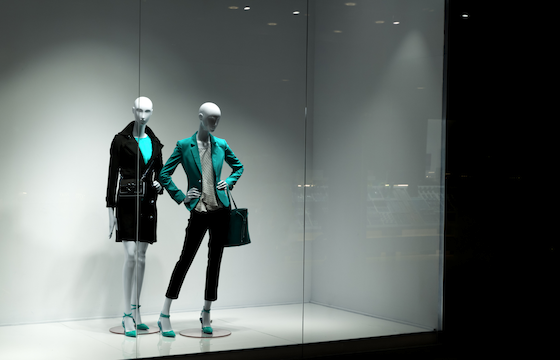On 28 November 2024 the European Commission fined the French fashion house Pierre Cardin and its largest licensee Ahlers for 2.2 million EUR and 3.5 million EUR respectively. According to the Commission, Pierre Cardin and Ahlers agreed to prevent other Pierre Cardin licensees and their customers from selling offline and online to other licensed territories and to low-price retailers (such as discounters).
The Commission's investigation revealed that Pierre Cardin and Ahlers engaged in agreements and coordinated actions from 2008 to 2021 to prevent competition in countries where Ahlers held exclusive distribution rights, including Germany, Austria, Switzerland and the Benelux. These practices aimed to grant Ahlers absolute territorial protection, effectively partitioning the internal market and preventing consumers from benefiting from lower prices and greater choice.
Interestingly, Ahlers, as the licensee, received a more substantial portion of the fine compared to Pierre Cardin. This highlights the Commission's focus on the role of licensees in enforcing anti-competitive practices. Unlike the Mondelez and Super Bock cases, where distributors were not fined, this case underscores the accountability of licensees in competition law violations. It sets a precedent that licensees can be held equally, if not more, responsible for anti-competitive agreements.
The decision serves as a reminder for companies that the competition law principles typically applicable to vertical agreements, such as the prohibition to restrict internet sales or passive sales, apply also to licensing agreements that are not technology transfer agreements. This is the logical consequence of the so-called exhaustion principle which prevents IP-holders from blocking the cross-border trade of products they (or their licensees) have put on the market.
The decision also underscores the Commission’s commitment to enforce competition law rules, in particular in the context of vertical agreements, and follows other recent vertical cases, including Super Bock and Mondelez. However, we must wait for the decision to be published to understand the full implications of the Pierre Cardin case.





Sign in to post comments